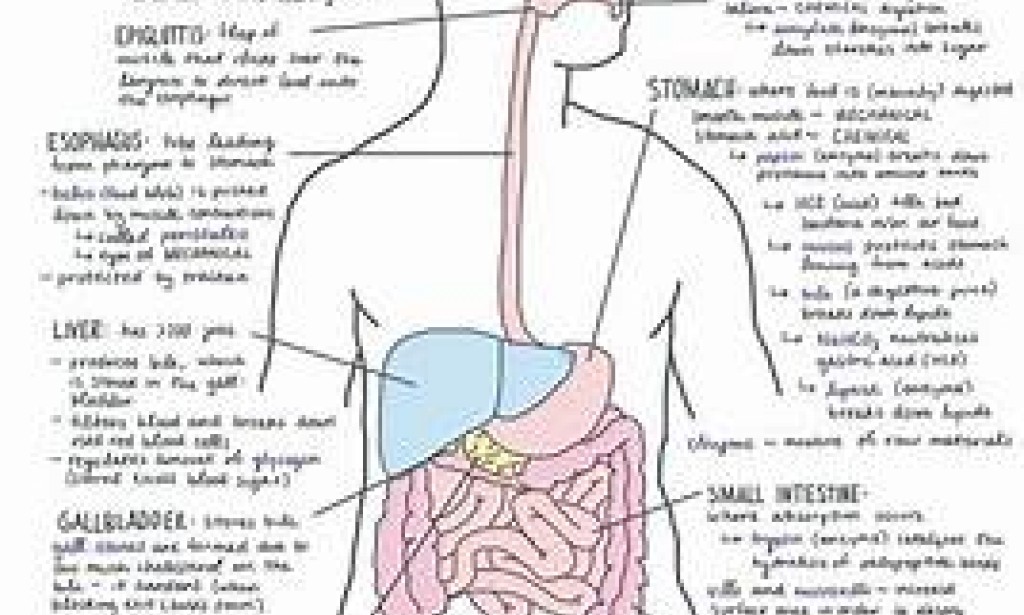Organ Systems
The human body is made up of many organs. An organ is a group of tissues in a living organism that has a specific form and function. Organs are grouped into Organ Systems. Each organ system has specific tasks to perform for the proper functioning of the body. The five main Organ systems of the body.
The digestive systemhttps://youtu.be/Vd7Gj_Hf-K8
The respiratory system
The circulatory system
The nervous system
The excretory system
1.THE DIGESTIVE SYSTEM The digestive system helps break down the food we eat to absorb the nutrients, and the waste is thrown out.
The process of digestion begins as soon as we put food into our mouths. The teeth grind the food, and it is mixed well with saliva, a liquid present inside the mouth. Have you noticed that your food tastes sweet after you have chewed it well? This is because the saliva changes the food into a sugar called glucose. After the food is chewed, Swallowed, and sent to the stomach through the food pipe or the esophagus. In the stomach, the food particles are churned well and mixed with gastric juices. The walls of the stomach produce an acid that helps indigestion.
Other internal organs- the gall bladder, pancreas, and liver - also help indigestion. From the stomach, the food mixture goes to the small intestine. Here essential substances from the food, called nutrients, are absorbed into the blood.
2.THE RESPIRATORY SYSTEM
The respiratory system is responsible for breathing. It transfers oxygen into the bloodstream and removes carbon dioxide from the body.
The air we breathe in goes inside our body through the nose; the air goes down the windpipe towards the lungs. The lungs help in respiration.
The lungs are promoted by a cage-like structure made of bones known as the ribcage. We breathe in using a muscle called the diaphragm.
3.THE CIRCULATORY SYSTEM
The heart pumps blood, which is circulated to different parts of our body through blood vessels. The heart,
blood, and blood vessels make up the circulatory system. The heart pumps 72 times in a minute.
The blood vessels carrying blood to different parts of the body are three types -veins, arteries, and capillaries.
Veins carry impure blood from different parts of the body back to the heart. Arteries carry pure blood to different parts of the body from the heart. Capillaries are the smallest blood vessels.
The circulatory system is the main transportation and cooling system of the body.
4.THE NERVOUS SYSTEM
The brain thinks for the entire body. It sends signals to the body's different parts through a network of nerves: the brain, spinal cord, and the vast network of nerves from the nervous system.
Some nerves are really long, like those that go all the way from our feet to our spinal cord. Nerve cells are called neurons.
There are two main types of nerves --- MOTOR NERVES-allows the brain to control our muscles. SENSORY NERVES-carry signals to the brain.
5.THE EXCRETORY SYSTEM
The excretory system helps us to throw out waste from our body.
The kidneys, skin, and lungs are the parts of the excretory system.
There are two kidneys in our body. Each consists of tiny filters called NEPHRONS, which filter the waste out of the blood. The waste produced combines with water to form urine. The urine is collected in the urinary bladder. The bladder is about halfway full; we feel the need to pass urine; like this, the waste in our body goes out.


You must be logged in to post a comment.